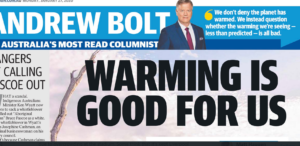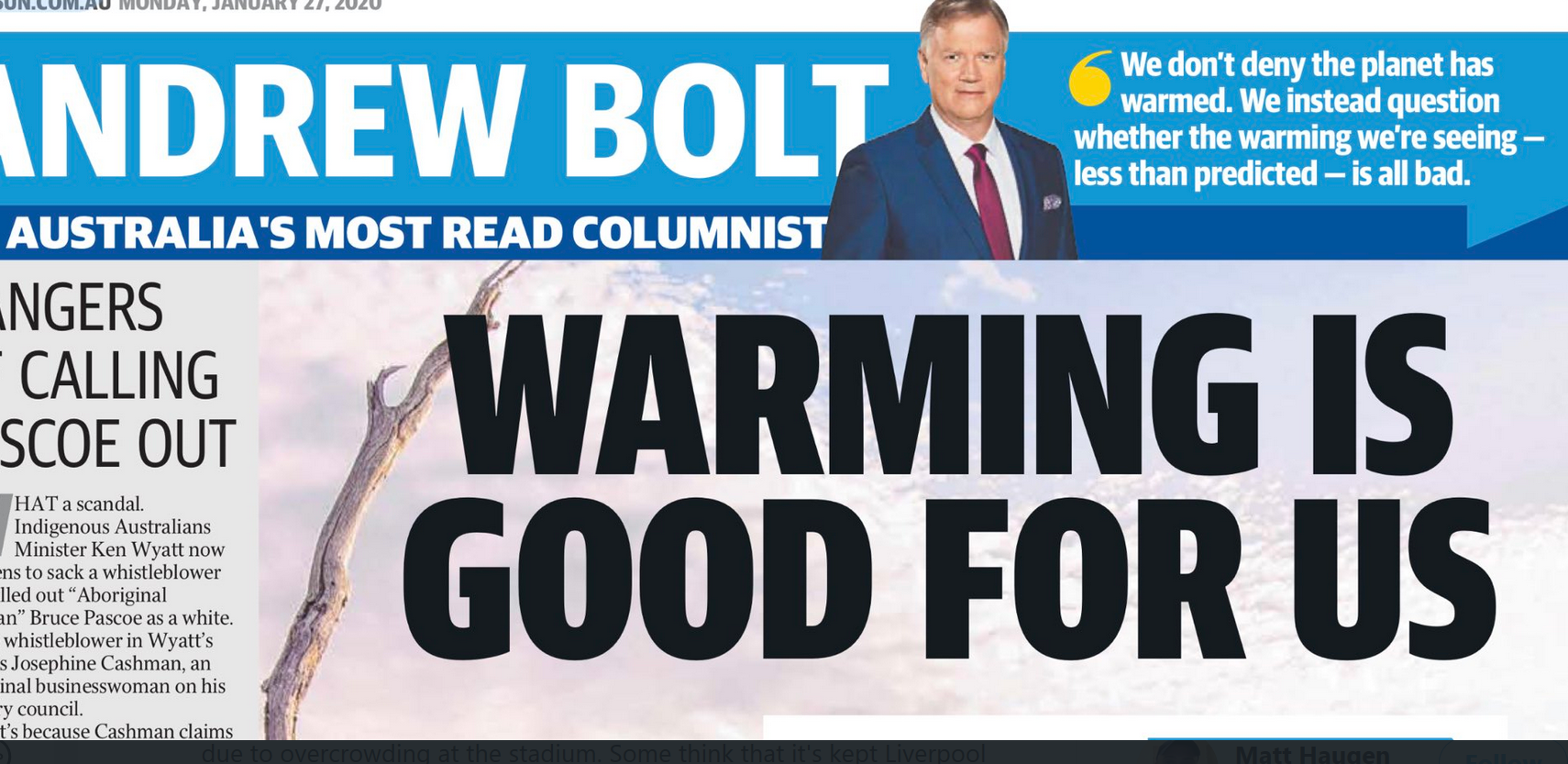
As Australia continues to burn, the deniers continue to deny. Australia is in the midst of a climate emergency with over 30 people dead, in excess of a billion animals incinerated, and millions upon millions of Australian’s breathing toxic air.
The cost of this catastrophe, if you can even begin to measure the loss of wildlife and quantify the collective trauma, is said to be in excess of AUS $100 billion.
This is a disaster that will take decades to recover from, if at all. It is believed some species are on the verge of collapse and will not recover, while hundreds of important indigenous sites have also been destroyed, adding further insult to the Aboriginal community already struggling with decades of oppression.
The country may limp towards a recovery but it may never be normal again. The psychological scars could haunt for decades too, as people lament for a world that will never return.
Sometimes wordsmiths find it hard to articulate the full scale horror of what it is like living in the middle of a climate catastrophe. But ordinary people become extraordinary in times of trouble.
There is one you should know. A mutual friend who is on the frontline of the crisis in Australia wrote earlier today: “At the moment, I want to put a human and honest face to what is happening in what till recently was a paradise.”
“I am tired” she writes. “Tired of waking up (like today) to a smoke blanket, tired of just waiting for the fires to get to us, tired of no real rain to put the fires out and tired of not being able to think of anything else. It pervades every conversation with every person I encounter.”
She continues: “As for the joeys, till recently we Australians on the East coast thought the eastern grey kangaroo was a common species, now no one is sure as yet what is common, what is now threatened and what is extinct.”
On the frontlines of climate change, the certainty of before has given way to the uncertainty of the future.
Uncertainty comes in many ways, it eats into those dark spaces before dawn when our fears are at their most intense and there is no one to share them with. Will the fires return? Will the rains ever return? What will recover? Will I ever recover? What is the long-time effect of breathing toxic smoke, minute after minute, hour after hour, day after day?
When the embers finally die and the skies become normal again, will our neighbors return, our community recover, and our house still be insurable? What was once known is unknown. Suddenly there are many unknowns.
We already know that insurers in Australia are pulling back. We already know that many areas, that were once called home, will become uninhabitable. Australians could become climate refugees.
Some articulate what is happening from afar in words that are powerful too. Richard Flanagan, an author who won the Man Booker Prize for “The Narrow Road to the Deep North,” quotes a dairy farmer in the New York Times describing that “communities are destroyed across the board and most people are running dead.”
He also quotes Danielle Celermajer, a Professor of Sociology at the University of Sydney describing what has happened as “omnicide.” Celermajer wrote earlier this month: “True, in recent years, environmentalists have coined the term ecocide, the killing of ecosystems – but this is something more. This is the killing of everything. Omnicide.”
“But how does a nation adapt to its own murder?” Asks Flanagan.
It responds illogically, with deniers still denying there is a problem and others articulating the wrong sort of action. Prime Minister Scott Morrison is now arguing that hazard-reduction burns are more important than emissions reductions, which Flanagan equates to “being in the middle of the Blitz, and Winston Churchill announcing that rubble removal was more important than dealing with the Luftwaffe in fighting Hitler.”
Morrison’s mate in the media, Rupert Murdoch, continues to deny climate change, as Murdoch’s News Corp accounts for 60 percent of Australia’s newspaper sales.
Despite the daily climate carnage, Murdoch’s columnists continue to spout climate denial in a way that many would find illogical, insensitive, and just plain idiotic.
Today, a columnist in the Herald Sun, Andrew Bolt, writes that “global warming is good for you.”
He alleges that “activists are exploiting these terrible bushfires to whip up an astonishing fear of man-made global warming and skeptics like me.”
Instead of denying that climate change is happening, Bolt uses another of the favorite denier arguments. “We don’t deny the planet has warmed. We instead question the warming we are seeing – less than predicted – is all bad.”
It is difficult to see how Australia’s omnicide is anything but the definition of bad. It’s nothing short of climate catastrophe. But Bolt takes up another denier argument – that it makes no sense to spend billions to prevent climate change, and instead would be better to spend more on “bush management.”
His argument is similar to Scott Morrison’s. Akin to fighting Hitler by shuffling the rubble around from the bombing. It appears nonsensical. But it’s strategic – it’s what the fossil fuel industry and its allies want you to believe. Instead of focusing on the source of the problem – like our rampant addiction to the combustion of fossil fuels – they want to shift the burden of responsibility away from industry, and toward false solutions like increasing bush management and carbon capture sequestration.
The reaction from Twitter was rightly brutal. Former Australian Prime Minister, Kevin Rudd tweeted:
Ten weeks ago Murdoch said “there are no climate change deniers around I can assure you” when questioned on News Corp’s stance on climate change. Then Bolt produces this today. I rest my case. And this mob control 70% of Australia’s print media. #MurdochRoyalCommission pic.twitter.com/KmSeEhnhWF
— Kevin Rudd (@MrKRudd) January 27, 2020
As Australia burns to death as a result of the consequences of climate change, Murdoch owned media publishes this flagrant attack on every Australian citizen, and the country’s fauna and flora.
“Racism is good for us.” “Trump is good for us.” “Warming is good for us.” pic.twitter.com/kgYv0tz6KI
— CJ Werleman (@cjwerleman) January 27, 2020
Another day, another climate change denier in the Murdoch Press proves that @rupertmurdoch Is a liar, a skill he's traded in for over half a century, when he says, "I can assure you there no climate change deniers" at NewsCorp.
Are NewsCorp shareholders really that dumb??#auspol https://t.co/8O4GFNHrxD— ?Emma Meconi (@SpotlightForYou) January 26, 2020
Luckily, there are those calling out the Murdoch denial machine. Earlier this month, a News Corp finance manager sent an email stating: “I find it unconscionable to continue working for this company, knowing I am contributing to the spread of climate change denial and lies,” she wrote.
And even some within the Murdoch family are calling out the deniers, with Rupert’s son James publicly criticizing what is going on.
Meanwhile, in his denier bubble, Andrew Bolt cannot see fact from fiction, and his pen continues to poison the debate in Australia.
Maybe he should have the dignity of visiting the amazing firefighters, some who have lost colleagues, who are the real heroes of Australia right now. Many are beyond exhausted after weeks on the frontline. They have witnessed scenes others only reserve for nightmares. Bolt should look them in the eye and read out his headline: “Warming is good for us.” The reaction he would receive would be unprintable.


When I read articles like this (and others) I want to give up! What will it take for these deniers to see what is happening? The sheer magnitude of the problem is made so much worse by their attitude. They may believe when the situation gets worse. But apologises will then be too late. Prof. Guy McPherson believes our civilization will end in five years. I am beginning to believe him!
I fear for my grandchildren’s’ future. It feels like Armageddon is so close and they will be right in the middle of it. I’m in my 70s, so I may not live to see it, but it’s coming if we don’t change our ways quickly. Each little person can do their own little bit, but the big changes, the attitude of the government in particular, can only be made by those who make and carry out the rules. Show some leadership Scott Morrison and get this country back on track.
I fear for my grandchildren’s’ future. It feels like Armageddon is so close and they will be right in the middle of it. I’m in my 70s, so I may not live to see it, but it’s coming if we don’t change our ways quickly. Each little person can do their own little bit, but the big changes, the attitude of the government in particular, can only be made by those who make and carry out the rules. Show some leadership Scott Morrison and get this country back on track.